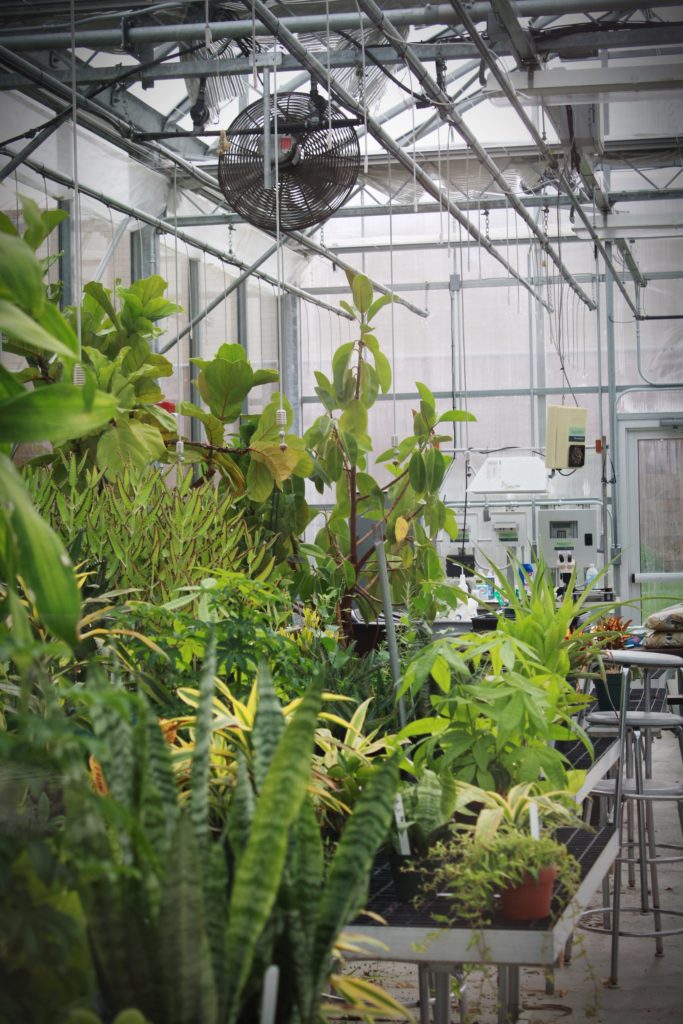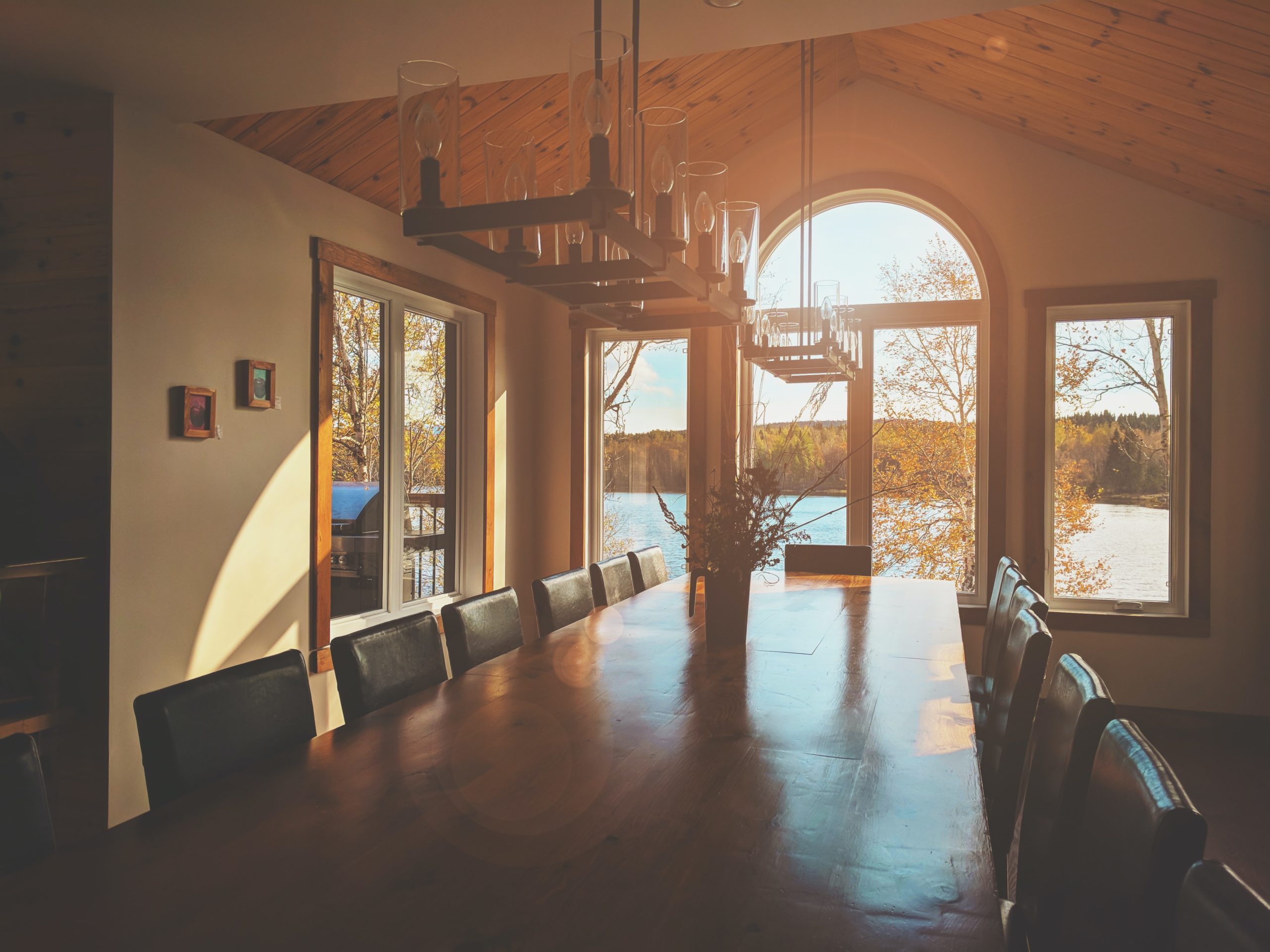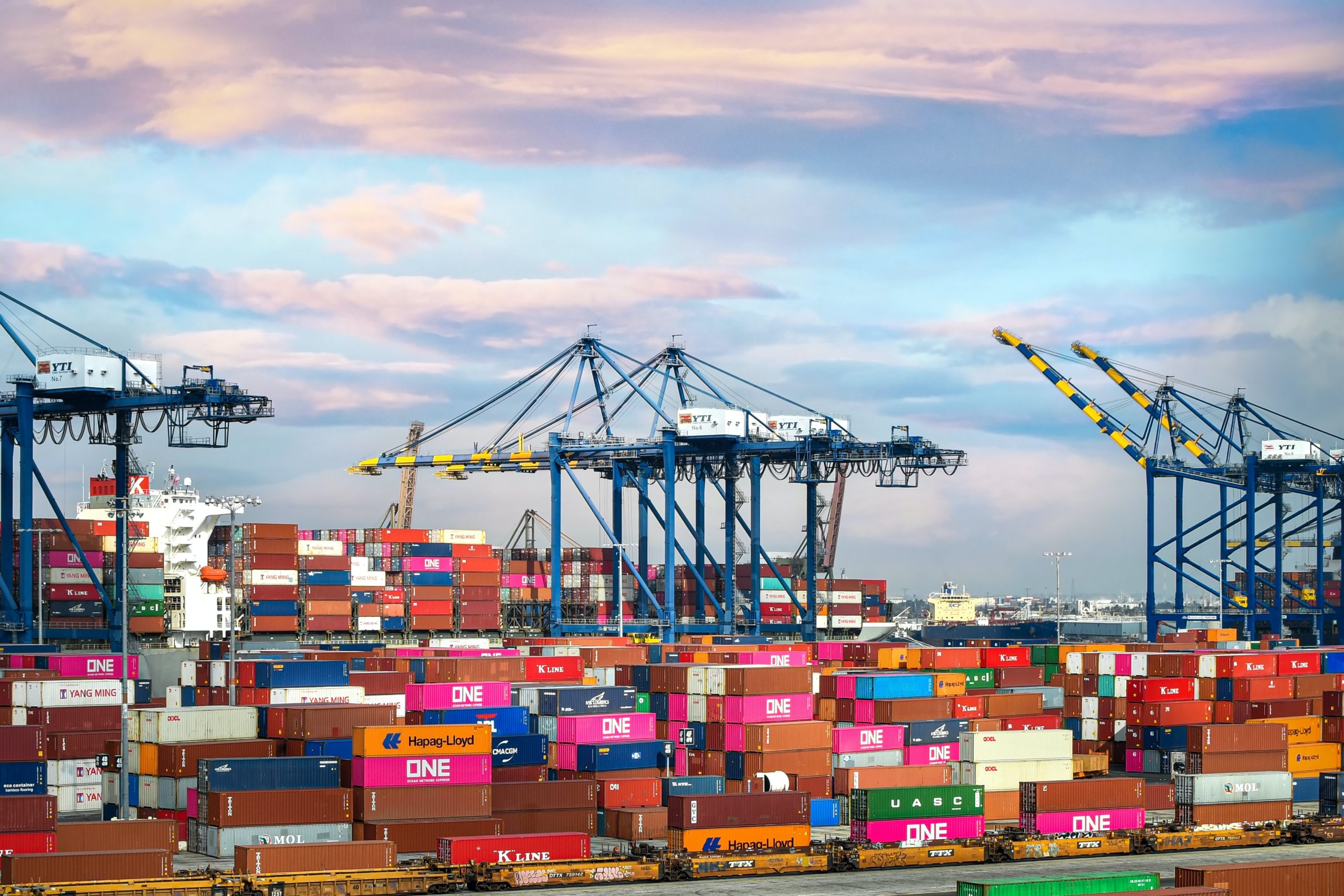The bioeconomy sector, which includes sustainable agriculture, forestry, and fisheries, is strategically significant to the national economy since Latvia is one of the greenest countries in Europe and over 50% of its land is covered in woods. Currently, the bioeconomy industry contributes up to 40% of the country’s exports and is crucial for generating employment in rural and regional areas. Latvia’s advantageous mix of vast forest resources, strategic position, and a cost-effective labor population accounts for the industry’s success. The sector has also been aided by government initiatives to promote a sustainable bioeconomy.

Latvian forestry
52% of Latvia’s land area, or 3.4 million hectares, is covered by forests. The forest is expanding. Latvia is the sixth most wooded nation in Europe, with a total growing stock volume of 672 million m3. The area of forestland continues growing, while the volume of wood in the forest is growing at a rate three times that of the forestland’s surface. An average of 9.4 thousand hectares of soil are prepared each year, and 8.1 to 9.3 thousand hectares are regenerated, to maintain the sustainability of the forestry industry. Over half of Latvia’s woods are owned by the State, while the majority of the remaining forest is owned by about 135,000 individual landowners. In addition, the Latvian Forest Industry Federation, comprised of eight organizations from the country’s forest sector, was established to guarantee the protection of the sector’s interests abroad.
Statistics on the bioeconomy in Latvia
This sector is mostly focused on exports. A total of 19% of Latvia’s exports, or 2,6 billion EUR, come from the forest industry (2020). Currently, Latvia exports between 70 and 75 percent of its production from the forest industry, demonstrating the traditionally excellent quality of Latvian woodworking goods. 5.3% of the GDP is made up of forestry, wood processing, and furniture manufacturing (2020). There are various locations across the globe where Latvian wood products are sold. United Kingdom (17%), Estonia (12%), Germany (8%), Denmark (7%), and Sweden (11%), are Latvia’s top export destinations. The woodworking sector in Latvia is of interest to foreign investors. By the end of 2020, the woodworking industry had received more than 600 million euros in foreign direct investment.
Education and Employment
In 2020, the forestry and woodworking industry employed over 38,813 people, making it one of the largest employers in Latvia. There are several possibilities available to young professionals interested in forestry. They may choose from any of the 14 professional educational institutes, including the Faculty of Material Sciences and Applied Chemistry at the Riga Technical University, the Textile Technology and Design Institute at the Latvian Agricultural University, and the Forest Faculty.
Bioeconomy industry leaders in Latvia
The leaders in the sector are:
Latvijas Finieris (Latvian Plywood)
Production and sales of birch plywood as well as the creation of new birch plywood products are their main operating focuses. With manufacturing facilities in Latvia, Lithuania, Estonia, and Finland as well as 12 completely owned product development and sales organizations in Europe and beyond, “Latvian Plywood” has expanded globally in recent years. Their annual revenue exceeds 250 million euros. Over 60 different nations sell the items.
The State forests of Latvia
Latvia’s State Forests promote state forestry interests by preserving and enhancing the value of the forest while making the most money feasible from forest management. It employs more than 1000 individuals for this reason. State Forests of Latvia generate over 275 million euros in revenue each year.
Cross timber systems
In Northern Europe and Scandinavia, Cross Timber Systems is the largest producer of cross-laminated wood panel products. Their produced solution for buildings is less costly, produces less waste, requires less time to create, is more durable, and has superior logistics. The yearly manufacturing capacity of Cross Timber Systems is 25.000 meters cube.
Latgran
Latgran is a company that manufactures wood pellets for the market in Latvia. The business was established in 2004. The business is owned by “Graanul Invest” of Estonia. In its four Latvian facilities, Latgran employs more than 100 people and generates more than 500 000 MT of wood pellets annually. The firm produces chemical-free gasoline that is categorized as ecologically beneficial.
Stora Enso
One of the global pioneers in creating biomass- and wood-based solutions for a variety of sectors and applications is Stora Enso. In 30 countries throughout the world, it employs around 26 000 people, and its revenues top 10 billion euros. A sawmill and a packing facility are both owned by the corporation in Latvia.
Kronospan
A pioneer in wood panel production, Kronospan was founded in Austria in 1897. Group has 14 000 employees and operates more than 40 plants globally. In Latvia, they started operating a production plant in 2005. Today, their annual revenue in Latvia exceeds 230 million euros.







